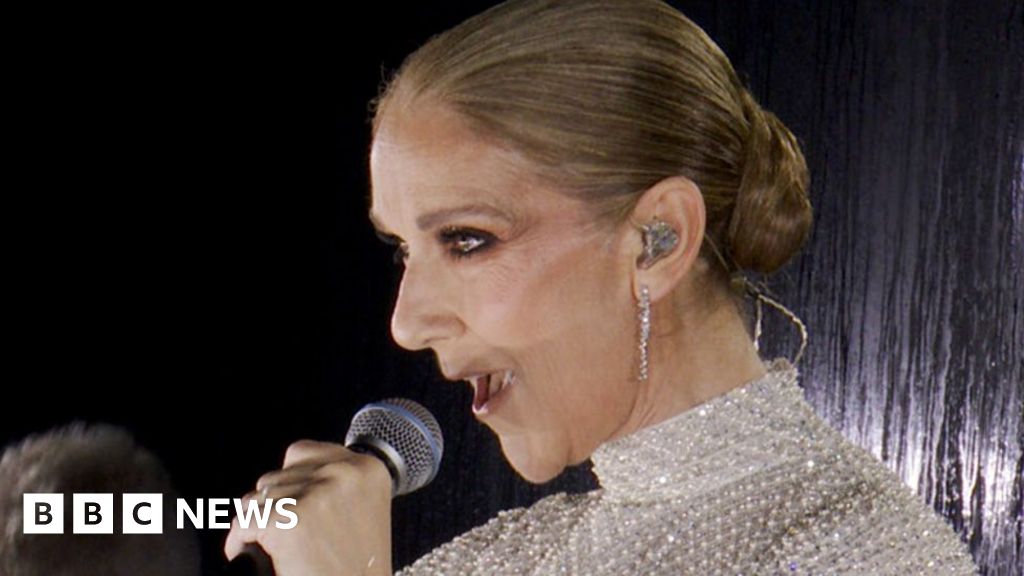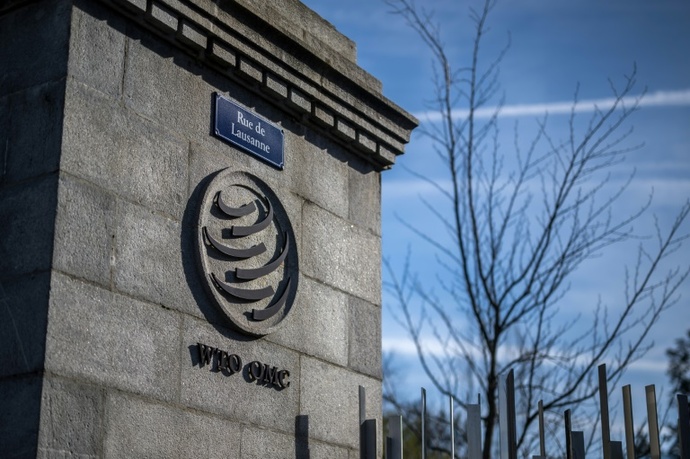Quantum effects are vulnerable to external interference and break very easily. TU Vienna is searching for more stable quantum experiments and developing new types of protection mechanisms.
(red/chuck) Quantum experiments always have to face the same problem, regardless of whether they involve quantum computers, quantum teleportation, or new types of quantum sensors: quantum effects are too easy to break. They are very sensitive to external disturbances, such as fluctuations that arise simply from the ambient temperature. It is therefore important that we are able to cool quantum experiments as effectively as possible.
The relevant temperature in Bose-Einstein condensates is actually very cold
The Vienna University of Technology is researching this topic, and has now been able to show that this type of cooling can be achieved in an interesting new way: a Bose-Einstein condenser is split into two parts, neither suddenly nor particularly slowly, but rather with a very specific time dynamic. This ensures that random fluctuations are prevented as much as possible – and so the relevant temperature in the already very cold Bose-Einstein condensates can be significantly reduced again. This is important for quantum simulators, for which the Vienna University of Technology wants to gain insights into quantum effects that cannot be studied using previous methods.
“Quantum simulators are systems whose behavior is determined by quantum mechanical effects and which can be well controlled and observed. “You can thus use these systems to study fundamental phenomena in “Quantum physics that also occurs in other quantum systems, but cannot be easily studied there supports FWF.”
Experiments with water waves can provide insight into sound waves
The physical system is used to learn something about other systems. This is not entirely new in physics; Experiments with water waves can also provide insight into sound waves. However, observing water waves is easier. “Quantum simulators have become increasingly useful and versatile tools in recent years. “One of the most important ways to achieve interesting model systems is through clouds made of very cold atoms, like the ones we study in our lab,” Skeeh explains. Quantum simulation is also a major topic. In the recently launched QuantA Cluster of Excellence, in which various quantum systems are studied.
The critical factor that currently limits the usability of these quantum simulators is their temperature. There are different ways to cool something: for example, you can cool a gas by increasing its volume very slowly. In ultracold Bose-Einstein condensates, the most energetic particles are quickly removed until all that's left is a group of atoms that are fairly uniformly low-energy and therefore cooler.
Cooling by controlling fluctuations
“But we use a completely different technology,” says Tiantian Zhang, who investigated this topic as part of her doctoral thesis in the doctoral program at the Vienna Center for Quantum Science and Technology. “We create a Bose-Einstein condenser and then divide it into two parts by creating a barrier in the middle,” Zhang said. How many particles are on the right and left side of the barrier is not specified in quantum physics. Due to the laws of quantum physics, there is a certain degree of uncertainty here. A research team at the Vienna University of Technology has now been able to show that neither too abrupt nor too slow splitting of Bose-Einstein condensates is optimal.
A compromise is needed, a precisely suitable dynamic partitioning of the capacitors in order to control the quantum fluctuations as much as possible. This problem cannot be solved today using classical computer calculations. The research team at TU Vienna used appropriate partitioning dynamics to show the potential suppression of fluctuation in the number of particles, which in turn translates into a reduction in exactly the temperature that needs to be reduced. “Suppressing the fluctuations is exactly what we need so that we can use our system as a quantum simulator even better than before. We can now use it to answer previously inaccessible questions in fundamental quantum physics,” emphasizes Maximilian Schicki of the Atomic Institute at the Vienna University of Technology. “.

“Certified tv guru. Reader. Professional writer. Avid introvert. Extreme pop culture buff.”






More Stories
Technology – Dozens of WTO member states agree on global rules for online commerce
AI-powered traffic lights are now being tested in this city in Baden-Württemberg.
The use of artificial intelligence in companies has quadrupled